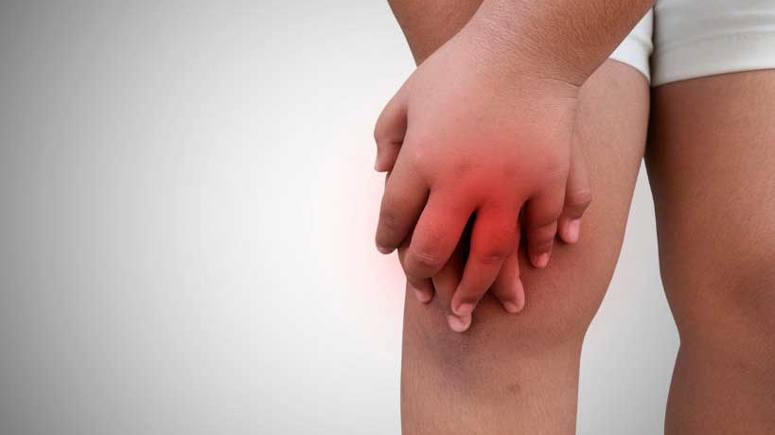What Is Juvenile Idiopathic Arthritis?

Juvenile idiopathic arthritis is described as a form of arthritis that occurs mainly in children. It is caused as a result of inflammation or swelling of the joint and stiffness of the joint. This occurs mostly in children between the ages of 16 and under, as it is an arthritis that affects various joints in the body for a period of more than 6 weeks. When compared to adult rheumatoid arthritis, which is a very serious case entirely, as it lasts for a lifetime in the case of adults, children, on the other hand, outgrow juvenile idiopathic arthritis over time. However, it tends to cause serious defects in normal bone development in developing children.
Juvenile idiopathic arthritis is quite difficult to manage in some children. However, most situations will be taken care of, with adequate treatment being put in place for the child. In conditions where one has arthritis [1] as part of another hearth challenge, it is mostly sorted out in similar ways to juvenile idiopathic arthritis. There are various types of juvenile idiopathic arthritis depending on the conditions and symptoms that are visible to the medical personnel. By getting to know the particular type of juvenile idiopathic arthritis one has, one would be able to assess the probability of outgrowing it.













